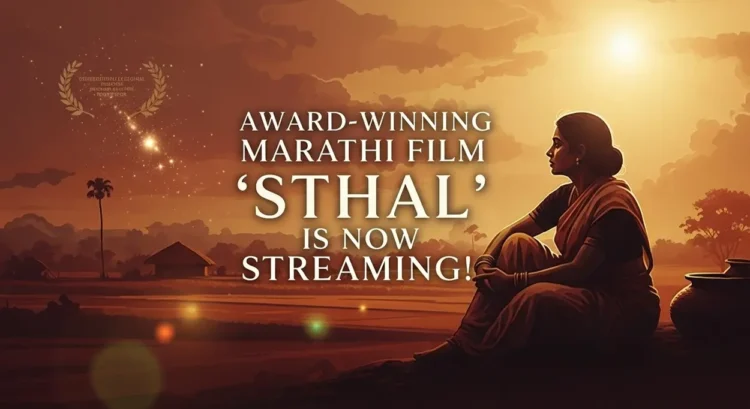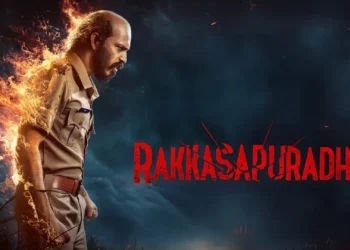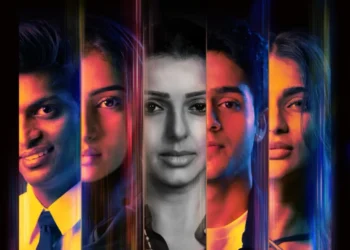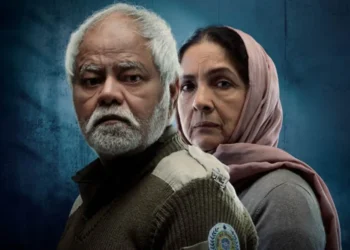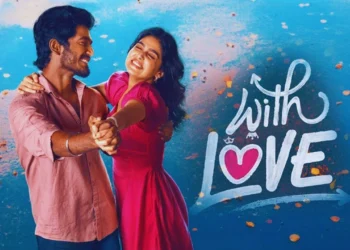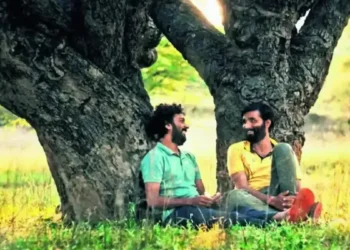Jayant Digambar Somalkar’s Sthal brings to the screen a thought-provoking take on women’s empowerment within the constraints of rural Maharashtra. Though it doesn’t wear the tag of a modern feminist film, its strength lies in revisiting decades-old realities that still hold true in many Indian households today. With Nandini Chikte leading the cast, Sthal questions social norms, explores patriarchal practices, and subtly unpacks what empowerment truly means.
Story
Savita, portrayed by Nandini Chikte, is a final-year B.A. student with dreams of cracking the MPSC exam. Her ambitions, however, clash with her parents’ fixation on finding her a “suitable” groom. The film traces her constant parade of matchmaking meetings where she’s asked the same predictable questions — only to be rejected every time.
Things get complicated when her admired lecturer, a man who teaches “Women Empowerment,” exposes his own hypocrisy by demanding dowry. When an unwanted marriage proposal makes her miss her crucial exam, Savita’s frustration reaches a breaking point. This moment of rebellion becomes a symbolic reflection of generations of silent endurance by women like her.
Performances
Nandini Chikte impresses with her understated performance — her expressions, pauses, and quiet defiance truly embody Savita’s struggles. Taranath Khiratkar as her conflicted father and Sangita Sonekar as her mother deliver believable portrayals of parents driven by societal conditioning. The supporting cast, including Suyog Dhawas and Shubham Shete, add authenticity to the world of Sthal.
Behind the Scenes
What sets Sthal apart is its grounded approach. Without flashy visuals or loud background music, the film captures the raw texture of rural life. Every scene feels organic — from the humble interiors of village homes to the emotional stillness captured through subtle camera work. The cinematography and natural lighting enhance the realism, while the crisp editing maintains a steady rhythm.
Somalkar’s direction is rooted in empathy. He uses metaphors rather than melodrama — like the dowry-demanding teacher or the quiet frustration of a lost academic year — to drive home the irony of women’s supposed “empowerment.”
Final Verdict
While Sthal occasionally stumbles due to familiar tropes and predictable moments, its sincerity and emotional depth make it worth watching. The film may not reinvent feminist storytelling, but it certainly rekindles an important conversation about women’s choices, autonomy, and the weight of cultural expectations.
In a cinematic year filled with loud statements and glossy narratives, Sthal stands out for its simplicity and truth. It’s not flawless — but it’s heartfelt, relevant, and quietly powerful.
Sthal is now streaming on Zee5 digital platform.


